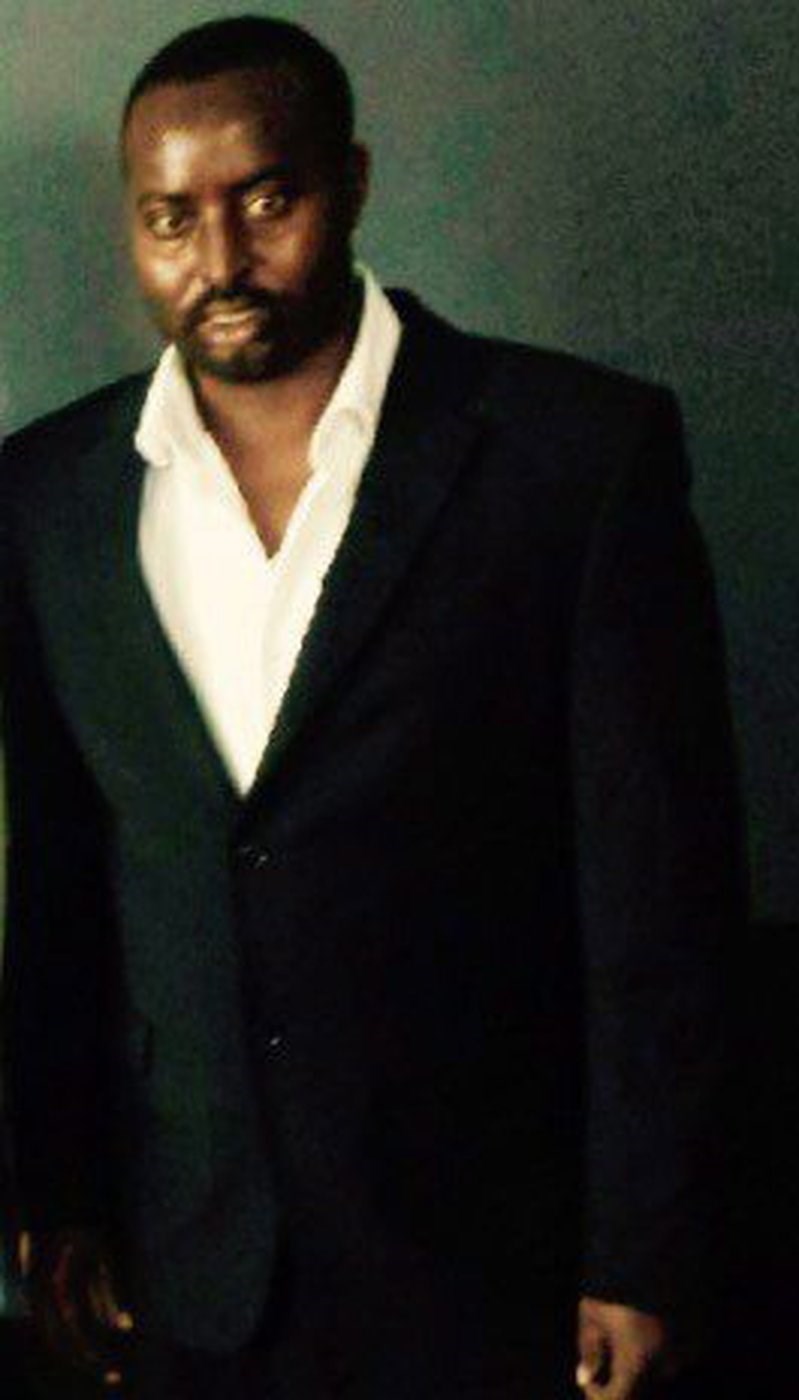A former police officer involved in the case of an Ottawa man who died after a violent arrest had several testy exchanges with lawyers during Thursday's cross-examination at a coroner's inquest, and rejected suggestions that racism played a role in his actions.
Former Const. David Weir is among those testifying at the inquest examining the circumstances of 38-year-old Abdirahman Abdi's July 2016 death.
Abdi died after police responded to a 911 call reporting that a man was groping women outside a coffee shop in Ottawa's Hintonburg neighbourhood. The inquest has heard that Abdi appeared to be in a mental health crisis at the time.
Weir and Lawrence Greenspon, the lawyer for Abdi's family, clashed over descriptions of that day's events during Greenspon's cross-examination, with the presiding coroner warning Weir to refrain from arguing.
At one point, Weir accused the lawyer of trivializing what he experienced, with Greenspon denying that claim.
Weir also disputed Greenspon's assertion that he didn't try to de-escalate the situation during Abdi's arrest.
The former officer, who left the Ottawa police force earlier this year, said his commands to Abdi were "not an effort to de-escalate, not an effort to escalate … they were a clear, concise order."
On Wednesday, Weir testified that he believed bystanders watching the arrest and yelling at police didn't know anything about Abdi.
Greenspon took issue with that, saying that members of Abdi's family were inside a condo lobby and trying to intervene in the arrest happening outside. Weir said he was unaware of their relationship.
Rick Frank, the lawyer representing the Black Action Defence Committee, asked Weir about the type of anti-racism training he had received either formally or informally with the Ottawa Police Service.
He suggested that Weir's response to Abdi's behaviour during the arrest was informed by an "anti-Black lens," which the former officer firmly rejected.
"You can suggest it forever, I won't ever agree," Weir said. "I don't make decisions based on skin. I never have and I never will. It's not part of me, it's not who I am. It's time people learn that."
Const. Daniel Montsion, the second police officer involved in Abdi's arrest, began his testimony Thursday by laying out his training with Ottawa police since joining the force in 2008.
Montsion was charged in the case with manslaughter, aggravated assault and assault with a weapon and was found not guilty in 2020. He's expected to continue his inquest testimony on Friday.
The jurors heard Monday that Abdi was born in Somalia and went to a refugee camp in Kenya with his family before moving to Canada in 2009.
Through an agreed statement of facts, the inquest heard that Abdi appeared to be in a mental health crisis when he interacted with patrons at a coffee shop on the day of his arrest, with multiple women saying he grabbed their breasts without consent.
The inquest, set to last four weeks, is mandated by law because Abdi was injured while in police custody. The jury is not tasked with determining legal responsibility but it can make recommendations to avoid similar deaths in the future.
This report by The 91ԭ�� Press was first published Nov. 21, 2024.
Nick Wells, The 91ԭ�� Press



